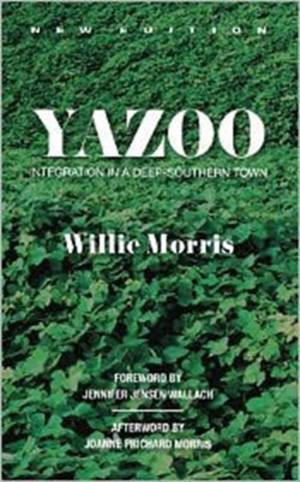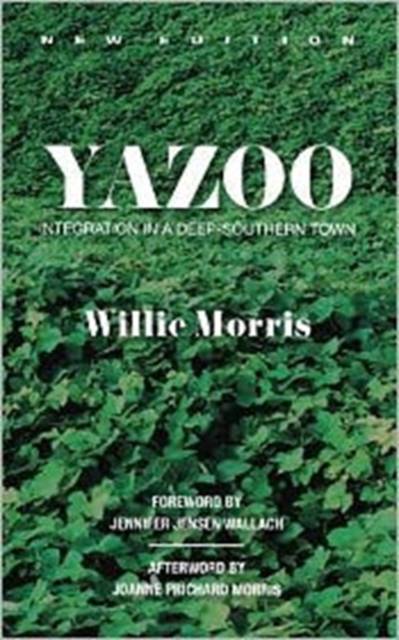
- Afhalen na 1 uur in een winkel met voorraad
- Gratis thuislevering in België vanaf € 30
- Ruim aanbod met 7 miljoen producten
- Afhalen na 1 uur in een winkel met voorraad
- Gratis thuislevering in België vanaf € 30
- Ruim aanbod met 7 miljoen producten
Zoeken
Omschrijving
In 1970 Brown v. Board of Education was sixteen years old, and fifteen years had passed since the Brown II mandate that schools integrate "with all deliberate speed." Still, after all this time, it was necessary for the U.S. Supreme Court to order thirty Mississippi school districts--whose speed had been anything but deliberate--to integrate immediately. One of these districts included Yazoo City, the hometown of writer Willie Morris. Installed productively on "safe, sane Manhattan Island," Morris, though compelled to write about this pivotal moment, was reluctant to return to Yazoo and do no less than serve as cultural ambassador between the flawed Mississippi that he loved and a wider world. "I did not want to go back," Morris wrote. "I finally went home because the urge to be there during Yazoo's most critical moment was too elemental to resist, and because I would have been ashamed of myself if I had not." The result, Yazoo, is part reportage, part memoir, part ethnography, part social critique--and one of the richest accounts we have of a community's attempt to come to terms with the realities of seismic social change. As infinitely readable and nuanced as ever, Yazoo is available again, enhanced by an informative foreword by historian Jenifer Jensen Wallach and a warm and personal afterword on Morris's writing life by his widow, JoAnne Prichard Morris.
Specificaties
Betrokkenen
- Auteur(s):
- Uitgeverij:
Inhoud
- Aantal bladzijden:
- 240
- Taal:
- Engels
Eigenschappen
- Productcode (EAN):
- 9781557289834
- Verschijningsdatum:
- 1/06/2012
- Uitvoering:
- Paperback
- Formaat:
- Trade paperback (VS)
- Afmetingen:
- 127 mm x 201 mm
- Gewicht:
- 317 g

Alleen bij Standaard Boekhandel
+ 76 punten op je klantenkaart van Standaard Boekhandel
Beoordelingen
We publiceren alleen reviews die voldoen aan de voorwaarden voor reviews. Bekijk onze voorwaarden voor reviews.











